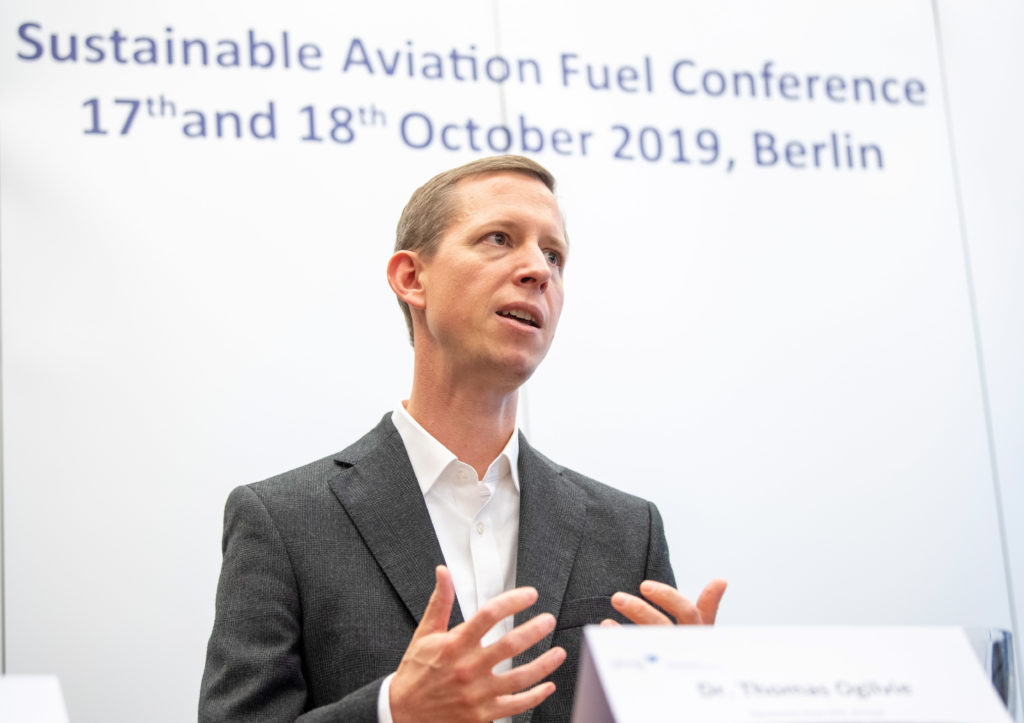Deutsche Post DHL has published its Sustainable Fuels for Logistics study, which presents the current status of trends and developments in the sector. According to DPDHL, there will be mass market potential for synthetic fuels in 5 to 10 years.
The report reveals that although the commercial use of electric vehicles is progressing on short-range transport, there is still a long way to go in terms of electrifying the long-distance transport fleet. According to DPDHL, this is where sustainable fuels play a crucial role.
DPDHL worked with experts from science, associations and non-governmental organizations (NGOs) to develop the report and provide insights into the possible uses and current limitations of sustainable fuels.
“We want to connect people and improve their lives, and for the group this has long since included environmental and climate protection,” said Frank Appel, CEO of Deutsche Post DHL Group. “Our aim is to achieve zero-emission logistics by 2050. But this goal cannot be achieved with efficiency measures and a modern fleet alone. We also need to accelerate the transition from fossil fuels to clean alternative energy sources. This is why strong cross-border and cross-sectoral cooperation between the political, business and scientific communities is so crucial.”
Some of the alternative fuels available today can already help significantly reduce emissions with minor or no modifications to engines and infrastructures. Concerns about the availability and sustainability of biofuels are leading to a growing interest in what are known as e-fuels. These synthetic fuels can be produced from renewable energies and carbon dioxide (CO2).
“There’s a lot to be said for e-fuels. They can be seamlessly integrated into existing vehicles and infrastructure. At present, however, they are not economically competitive. And, as with e-mobility, there is still not enough green electricity available to ensure that their production really is climate neutral,” explained Dr Thomas Ogilvie, labor director and board member for human resources and corporate incubations at DPDHL. “We believe synthetic fuels will reach mass market viability in the next 5 to 10 years. In our view, progress will depend on a cross-border, cross-sectoral approach and the development of global standards to promote the production and use of sustainable fuels internationally.”
The Sustainable Fuels in Logistics white paper can be found here: www.dpdhl.com/sustainable-fuels.


